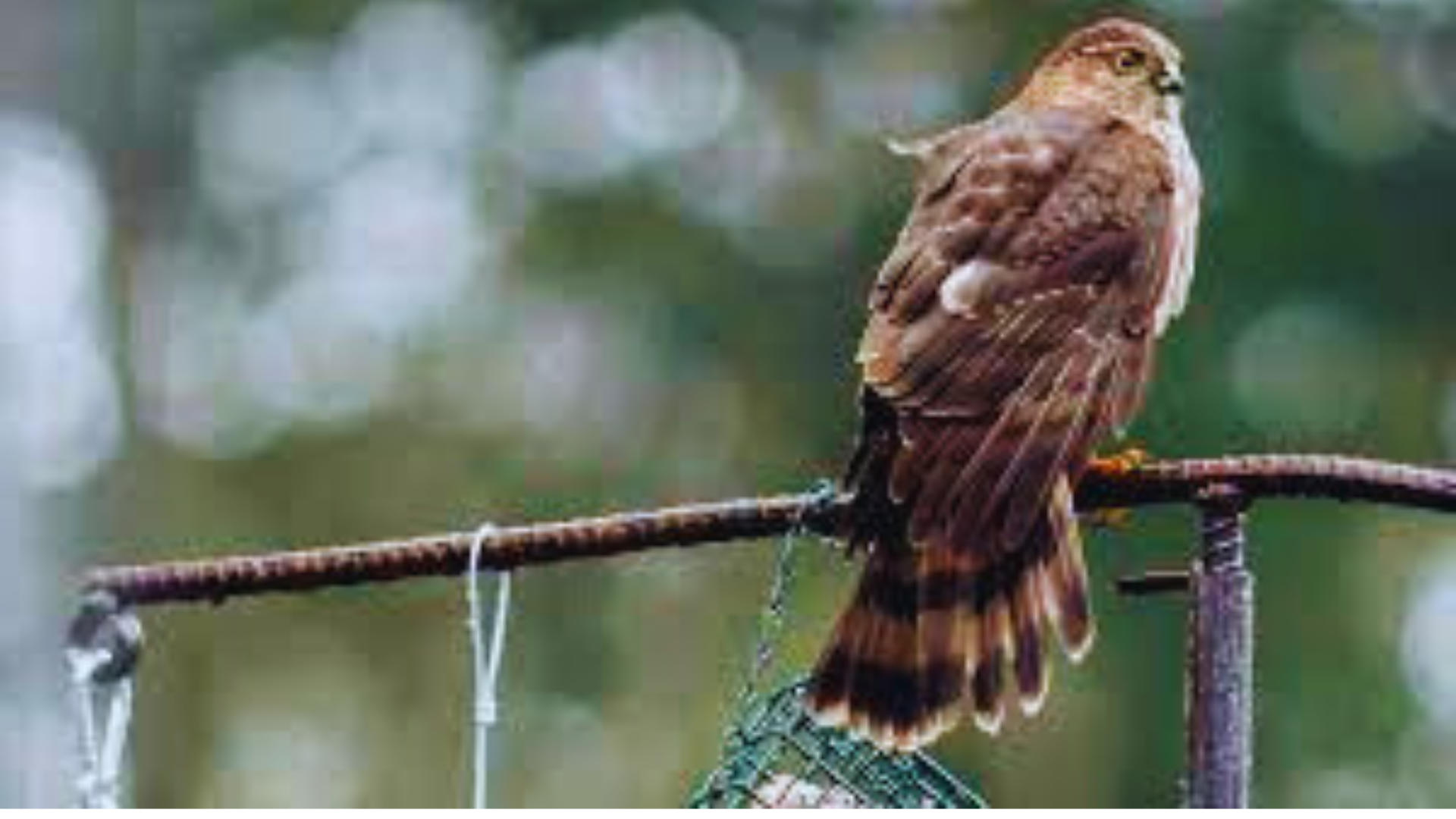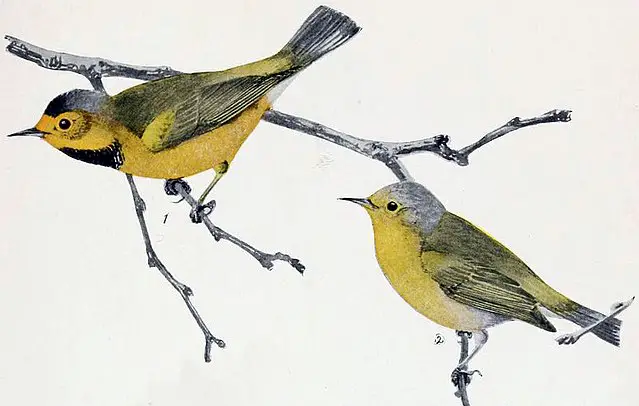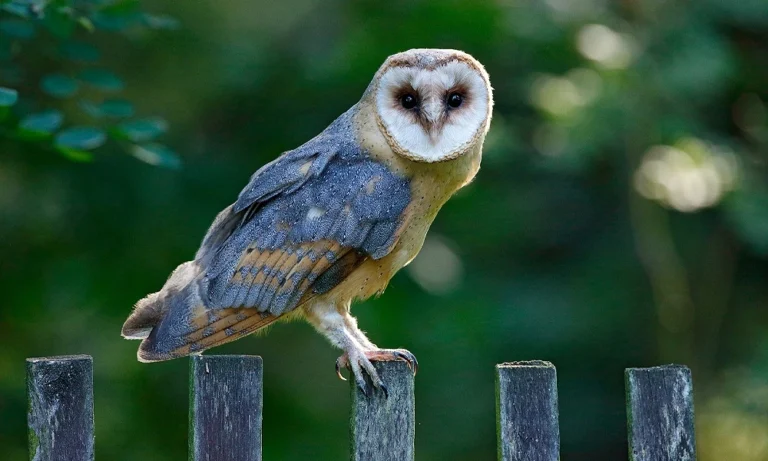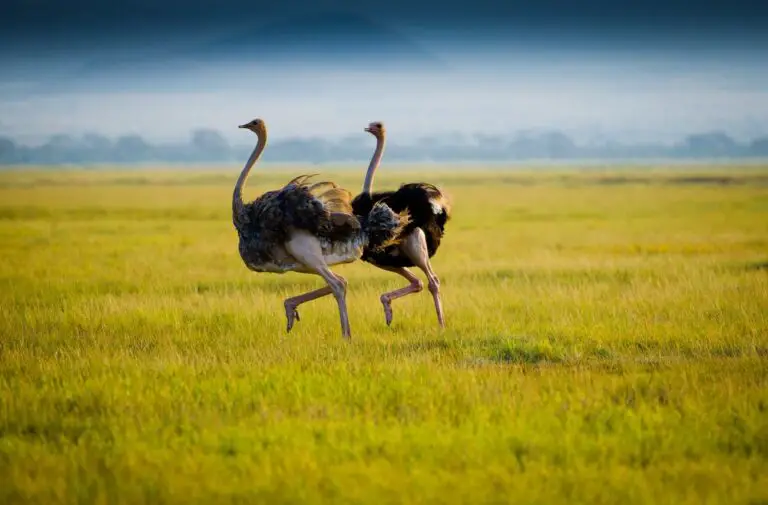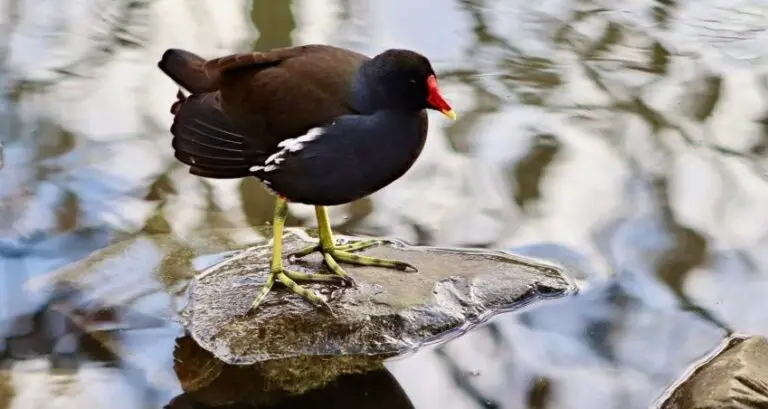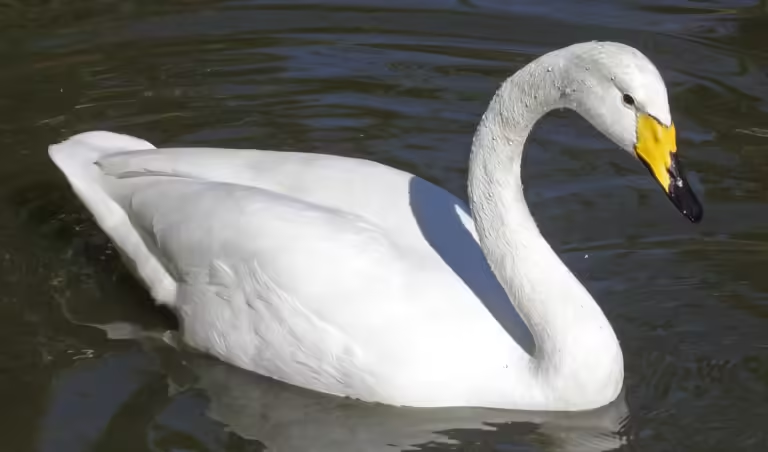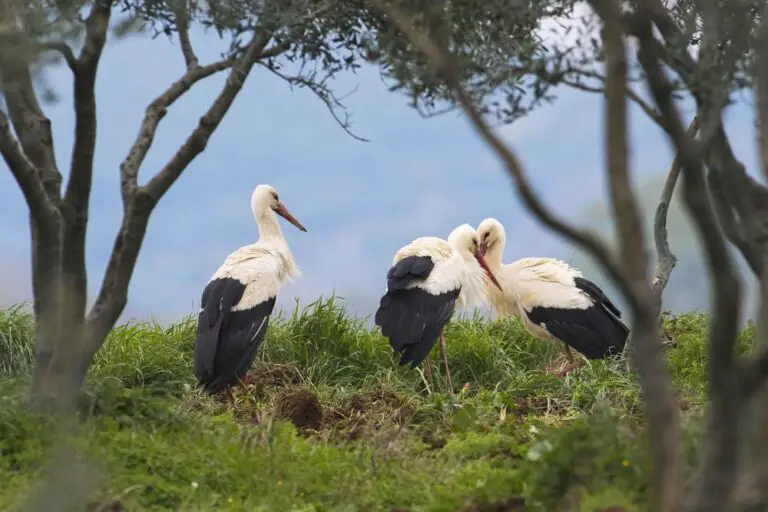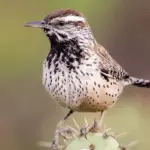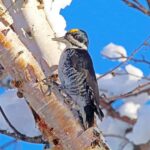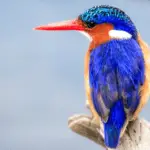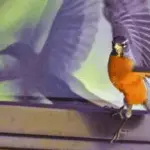The piercing screeches of hawks soaring through the sky have always fascinated me. Did you know that hawks can produce sounds that reach up to 120 decibels? That’s as loud as a rock concert! Why do hawks screech? Uncover the reasons behind the piercing screeches of hawks and the fascinating behaviors associated with their calls.
In this article, we’ll explore the reasons behind their screeching and how it plays a vital role in their communication. So, join me on this journey as we unravel the mysteries of why hawks screech and gain a deeper understanding of these majestic creatures.
Key Takeaways
- Hawks screech to communicate with other hawks and establish their territory.
- Screeching helps them defend their hunting grounds and find mates.
- Understanding the functions of hawk screeching provides insight into their communication strategies.
- Hawks have specialized vocal cords and precise control over airflow, allowing them to produce their piercing screeches.
The Purpose of Hawk Screeches
I can explain the purpose of hawk screeches.
When you hear a hawk screeching, it may seem like a piercing cry, but it serves an important purpose in their world.
You see, hawks screech to communicate with other hawks and establish their territory. It’s their way of saying, ‘This is my domain; stay away!’
This communication is vital for their survival, as it helps them defend their hunting grounds and find mates.
So, when you hear a hawk screeching overhead, it’s not just a random noise. It’s a powerful message that signifies strength, dominance, and the will to protect what’s theirs.
It’s a primal call that resonates deep within their being, and it’s a privilege to witness this intimate display of their wild nature.
Understanding Hawk Vocalizations
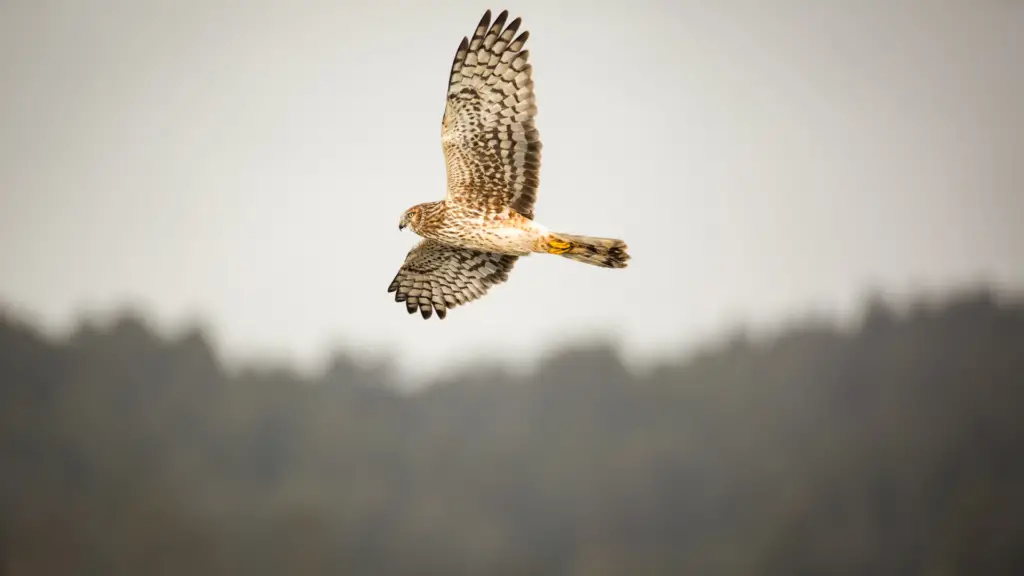
When it comes to understanding hawk vocalizations, it’s important to listen closely and observe their behavior in order to decipher their specific meanings. Hawks communicate through a variety of vocalizations, each with its own purpose and message. Their screeches, for example, can signal territorial boundaries or serve as a warning to potential threats.
As I spend time in the field studying these majestic birds, I’ve come to appreciate the intricacies of their calls. The piercing screech that echoes through the sky isn’t just a random noise, but a language that holds hidden meanings. By immersing myself in their world and paying attention to the context in which these vocalizations occur, I’ve begun to unravel the secrets of their communication.
It’s a privilege to witness these intimate moments and gain insight into the language of hawks.
Factors That Influence Hawk Screeching
There are several factors that can influence hawk screeching, but the most significant one is the presence of a potential threat. When hawks sense danger, they let out piercing screeches to warn other hawks and intimidate their enemies.
Here are a few other factors that can impact their vocalizations:
- Territory defense: Hawks screech to establish and defend their territory, letting intruders know they aren’t welcome.
- Mating calls: During breeding season, hawks use screeches to attract potential mates and communicate their availability.
- Food competition: When multiple hawks are hunting in the same area, screeching can signal aggression and dominance over prey.
- Alarm calls: Hawks screech when they spot predators or other threats, alerting nearby animals to potential danger.
- Communication within a flock: Screeching can be a way for hawks to communicate with each other, coordinating hunting strategies or simply staying connected.
Understanding these factors can help us appreciate the complex vocalizations of hawks and the intimate world they inhabit.
The Role of Hawk Screeching in Communication
Understanding the various functions of hawk screeching can provide insight into their communication strategies. When hawks screech, it isn’t just a random noise; it serves a purpose.
One of the main roles of hawk screeching is to establish territory and defend it from intruders. The piercing screech serves as a warning to other hawks, letting them know that this area is already claimed.
Additionally, hawk screeching is used as a way to communicate with their mate or offspring. It can be a form of bonding and expressing affection.
Sometimes, hawks screech to coordinate hunting strategies or to call for help when facing danger.
How Hawks Screech: Anatomy and Mechanics
One important factor in understanding how hawks screech is the anatomy and mechanics of their vocalization. Hawks have a unique set of physical features that allow them to produce their distinctive screeching sounds. Here are some fascinating aspects of their anatomy and mechanics:
- Vocal Cords: Hawks have specialized vocal cords that can vibrate at high frequencies, producing their piercing screeches.
- Syrinx: Unlike other birds, hawks have a syrinx, a vocal organ located at the base of their trachea. This syrinx allows them to produce a wide range of sounds.
- Airflow Control: Hawks have precise control over their airflow, using their respiratory system to manipulate the pitch and volume of their screeches.
- Beak Shape: The shape of a hawk’s beak plays a role in amplifying their vocalizations, allowing them to project their screeches over long distances.
- Muscle Coordination: Hawks have exceptional muscle coordination, which enables them to modulate the frequency and intensity of their screeches with precision.
Understanding the intricate interplay between these anatomical features and vocal mechanics helps us appreciate the beauty and power behind a hawk’s screech.
Why Do Hawks Screech: FAQs
How Does the Screeching Sound of Hawks Compare to Other Bird Species?
When it comes to the screeching sound, hawks are known for their piercing and distinctive calls. Compared to other bird species, their screeches are louder and more shrill, making them quite unique.
Are There Any Health Risks Associated With Hawks Screeching?
There aren’t any health risks associated with hawks screeching. It’s more about the impact it has on our emotions. Their piercing screech can send chills down your spine and make you feel alive.
Do Different Species of Hawks Have Distinct Screeching Calls?
Yes, different species of hawks have distinct screeching calls. It’s fascinating how each species has its own unique vocalization, allowing them to communicate and establish their presence in their respective habitats.
Can Hawks Use Screeching as a Form of Defense Against Predators?
Yes, hawks can use screeching as a form of defense against predators. It’s their way of saying, “Back off!” The piercing sound is meant to intimidate and warn potential threats to stay away.
Are There Any Specific Environmental Conditions That Can Affect the Frequency or Intensity of Hawk Screeching?
There are certain environmental conditions that can affect the frequency or intensity of hawk screeching. Factors like territorial disputes, mating rituals, and danger can all play a role in their vocalizations.
Conclusion
In conclusion, hawk screeches serve multiple purposes, including communication and territorial defense.
Interestingly, did you know that hawks can produce screeches that can be heard up to a mile away? This incredible statistic showcases the impressive vocal abilities of these majestic birds and their ability to communicate effectively over long distances.

